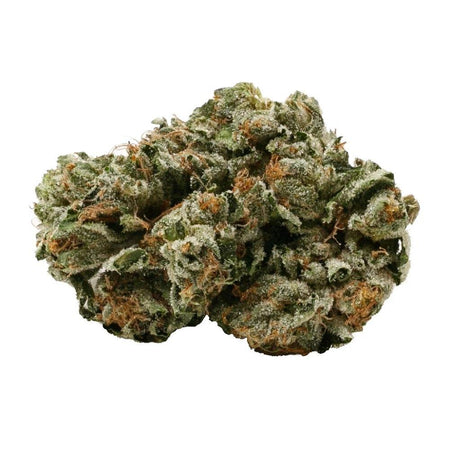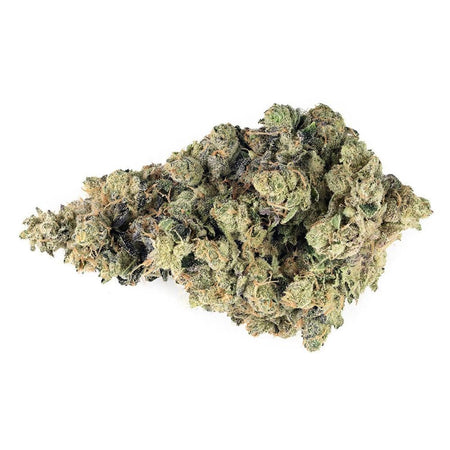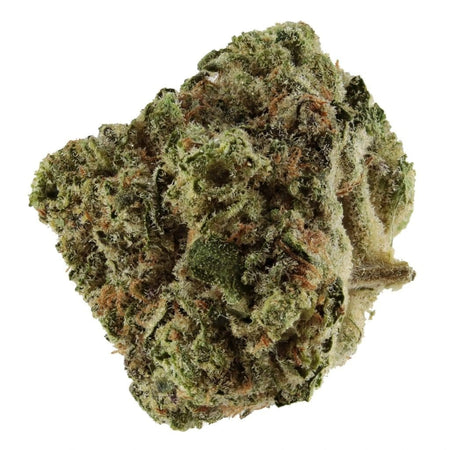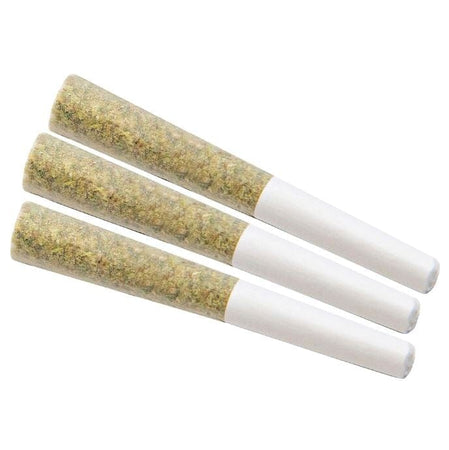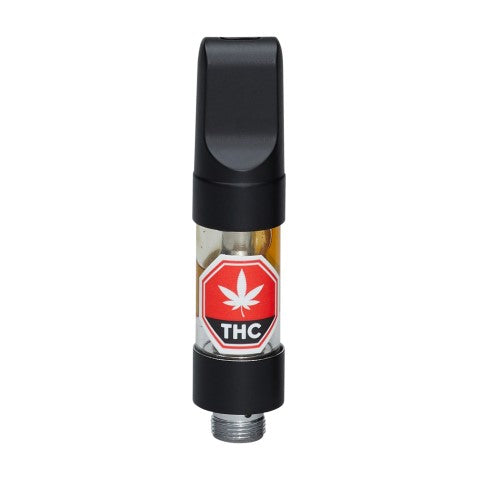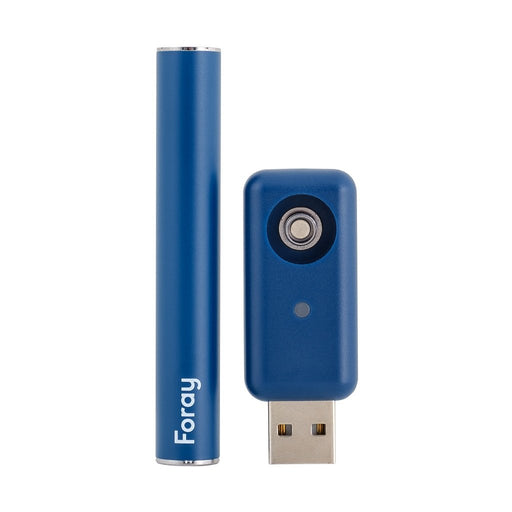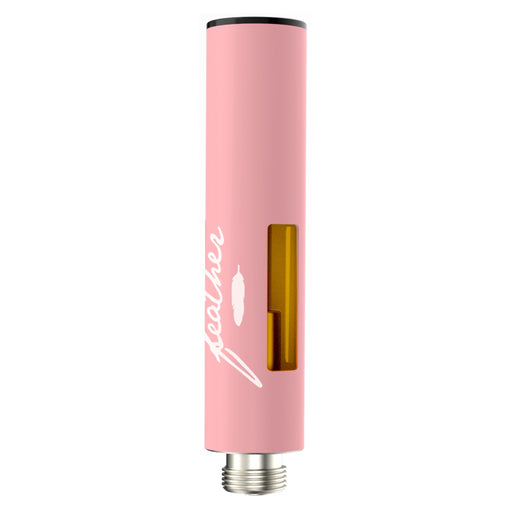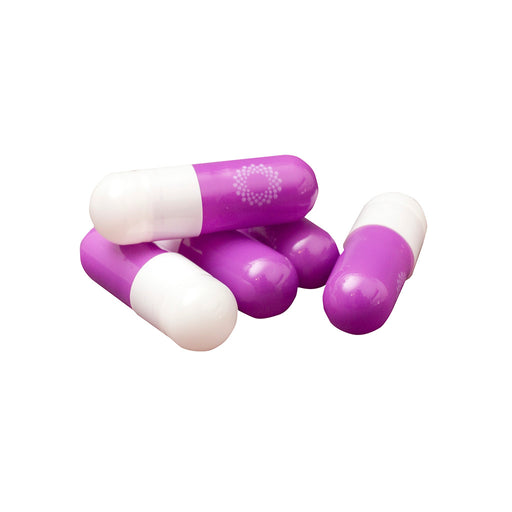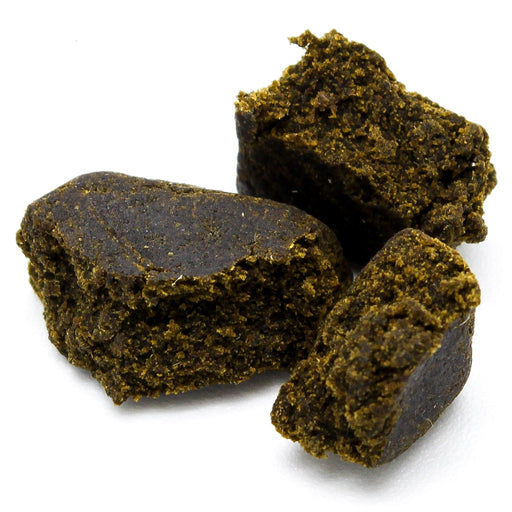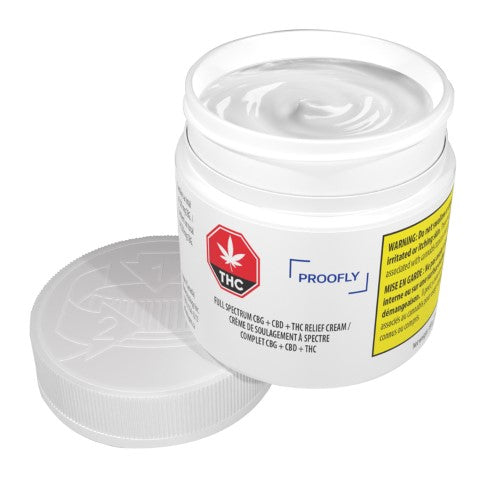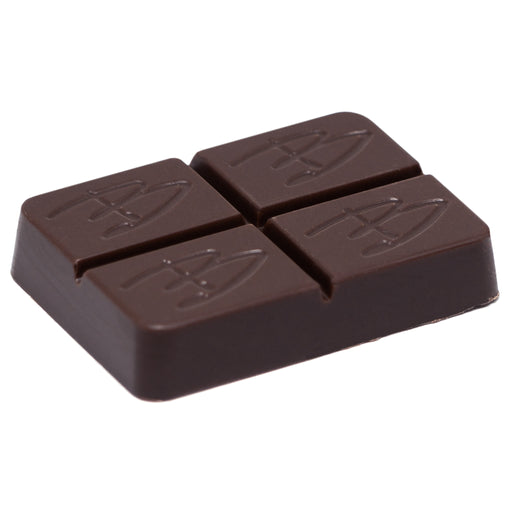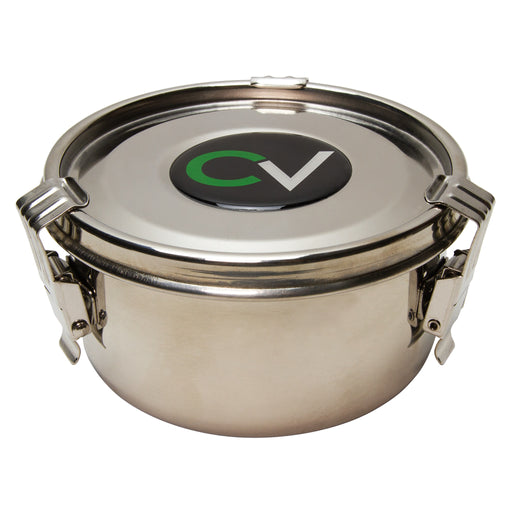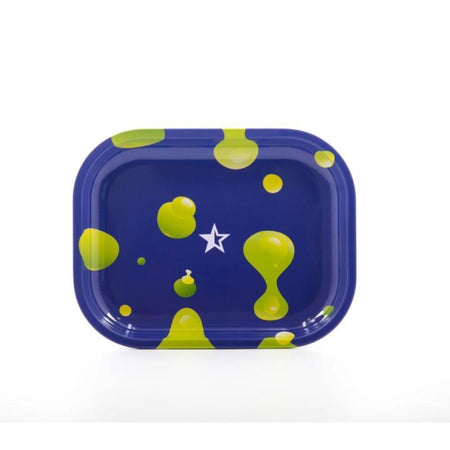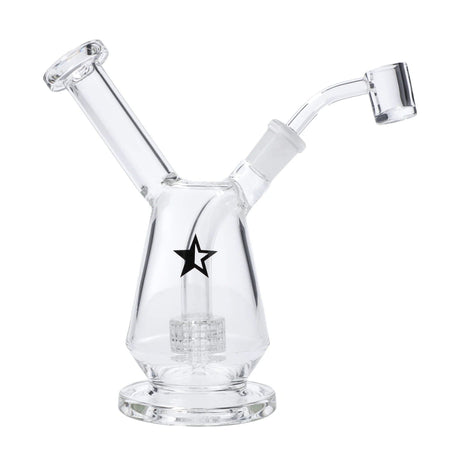What is THCA?
THCA, or tetrahydrocannabinolic acid, is a non-psychoactive cannabinoid present in raw cannabis plants. It serves as the precursor to THC (tetrahydrocannabinol), the well-known compound responsible for the psychoactive effects associated with cannabis. THCA is produced in the plant through the biosynthesis process, where it is formed from CBGA (cannabigerolic acid) via enzyme-catalyzed reactions. During the plant’s life cycle, THCA plays a crucial role in protecting the plant by acting as a defense mechanism against pests and diseases.
The chemical structure of THCA is distinct, featuring a carboxyl group that is not present in THC. This carboxyl group is responsible for the compound’s non-psychoactive nature. Unlike THC, THCA does not bind effectively to the CB1 receptors in the brain, which are responsible for the psychoactive effects of cannabis. As a result, consuming THCA does not produce the “high” typically associated with THC consumption.
Recent scientific research has revealed several potential health benefits of THCA. These include its anti-inflammatory properties, which can help reduce inflammation and alleviate symptoms of conditions such as arthritis. Additionally, THCA has been shown to possess neuroprotective properties, making it a promising candidate for the treatment of neurodegenerative diseases like Alzheimer’s and Parkinson’s. Furthermore, THCA exhibits anti-emetic effects, which can help in managing nausea and vomiting, particularly in patients undergoing chemotherapy.
To preserve its acidic form and maximize its potential benefits, THCA can be consumed through various methods that do not involve heating. Raw cannabis juicing is one popular method, where fresh cannabis leaves and flowers are blended into a juice. Tinctures, which are alcohol-based extracts, can also be used to consume THCA. Other methods include adding raw cannabis to salads or smoothies. These consumption methods allow individuals to harness the therapeutic properties of THCA without experiencing the psychoactive effects of THC.
Decarboxylation is the critical chemical process that transforms tetrahydrocannabinolic acid (THCA) into tetrahydrocannabinol (THC). This reaction is essential for activating the psychoactive properties of cannabis. When cannabis is exposed to heat or light, the carboxyl group (-COOH) is removed from the THCA molecule, resulting in the formation of THC. This transformation is fundamental for users seeking the psychoactive effects traditionally associated with cannabis consumption.
The decarboxylation process typically requires exposure to temperatures between 200°F to 300°F (approximately 93°C to 150°C). The duration of heating is also crucial; generally, the process may take around 30 to 40 minutes when performed at the optimal temperature. This careful balance ensures maximum conversion of THCA to THC without degrading the resultant THC through excessive heat.
THC interacts with the endocannabinoid system, specifically binding to CB1 receptors located primarily in the brain. This interaction is responsible for the ‘high’ or psychoactive effects that users experience. These effects can include altered perception, mood changes, and euphoria. Conversely, THCA is non-psychoactive and does not bind effectively to CB1 receptors, which is why raw cannabis consumption does not produce the same effects.
Both THC and THCA have their unique benefits. THC is widely recognized for its recreational use due to its psychoactive properties. Medically, it is also employed for its potential analgesic, antiemetic, and appetite-stimulating effects. THCA, on the other hand, is being researched for its anti-inflammatory, neuroprotective, and antiemetic properties without the psychoactive effects, making it suitable for patients seeking therapeutic benefits without the ‘high.’
Understanding the conversion from THCA to THC is crucial for both recreational and medical cannabis users. Legally, THC is often more regulated due to its psychoactive nature, while THCA might be subject to different regulations. The form in which cannabis is consumed—raw versus heated—can significantly impact the legal status and the effects experienced by the user. Therefore, awareness of this conversion process helps consumers make informed decisions regarding their cannabis use.
